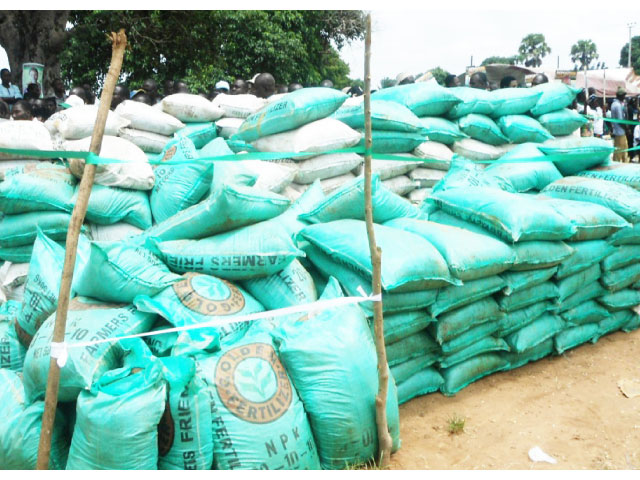In the second quarter of this year, despite ranking as the second-largest source of capital importation, portfolio investment flowing into Nigeria witnessed a substantial 83.54% decline, plummeting from $649.28 million to $106.85 million. This information is detailed in the latest report from the National Bureau of Statistics, titled “Nigeria Capital Importation (Q2 2023),” as reported by The Punch, a Nigerian newspaper.
According to the NBS report, portfolio investment in Nigeria has slumped by 85.89% year-on-year, with shares accounting for $8.52 million, bonds totaling $85.29 million, and money market instruments contributing $13.04 billion. On a quarterly basis, these three asset categories experienced declines of 96.17%, 71.67%, and 89.64%, respectively.
The decline in foreign investment in Nigeria has been a persistent trend since the outbreak of the COVID-19 pandemic in 2020, a pattern mirrored by many emerging nations during the same period. Moreover, Nigeria’s relegation to an unclassified market by FTSE in early September exacerbated concerns among investors, who worried about their assets becoming illiquid due to the country’s challenges in the foreign currency market.
During a roadshow in New York, Nigeria’s President, Bola Tinubu, declared on the NASDAQ floor that Nigeria is now actively seeking foreign investment. He stated, “It’s not a question of whether Nigeria is open for business; it’s about who wants to do business with Nigeria. Our administration has transitioned to a managed float exchange rate regime and eliminated fuel subsidies. I invite you to come and invest in Nigeria.”
Temi Popoola, the Chief Executive Officer of the Nigerian Exchange Group (NGX), expressed the exchange’s readiness to support the federal government in its quest to attract more foreign investment. He stated, “Our goal is to make it clear to investors that Nigeria is open for business and to underscore the gravity of the challenges while assuring that efforts are underway to address all these issues.
Let Us Build Your Online Success!
We are the experts in creating visually stunning and functional websites. With reliable hosting and exceptional customer support, we bring your vision to life. Join hundreds of happy clients who trust us!
Get Started Now📞 Call/WhatsApp: +256 207 800 192
END

